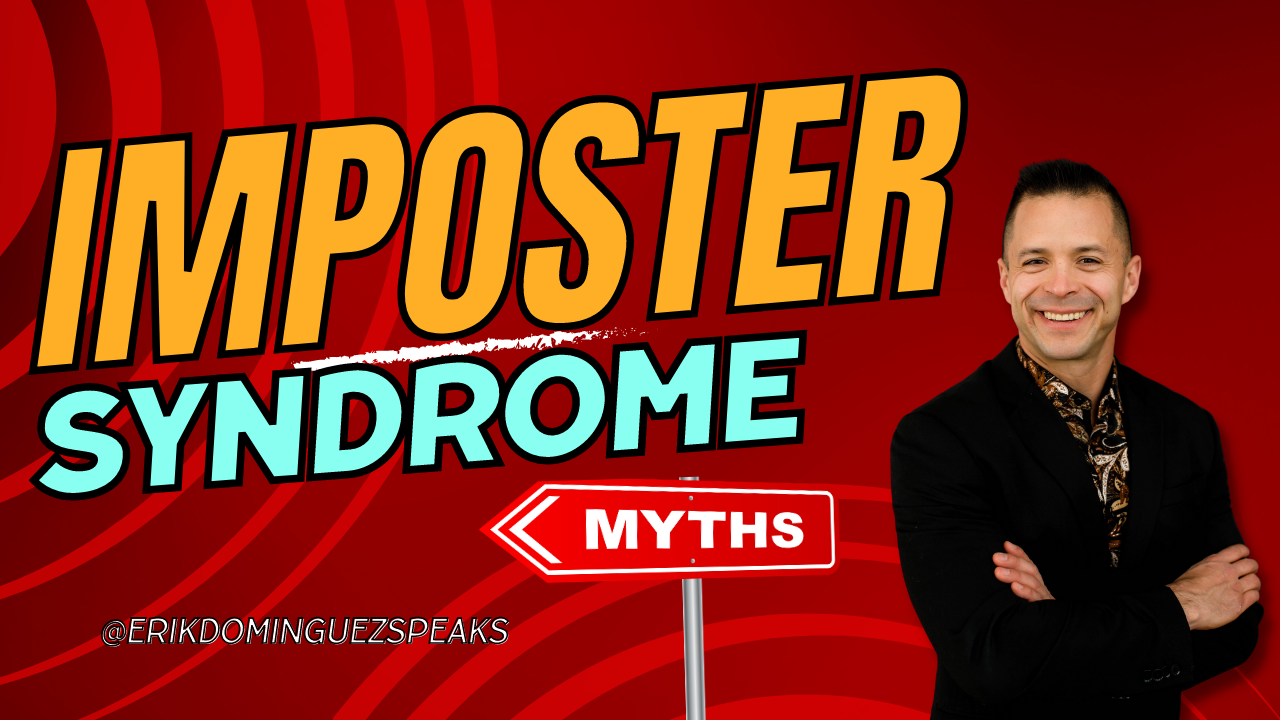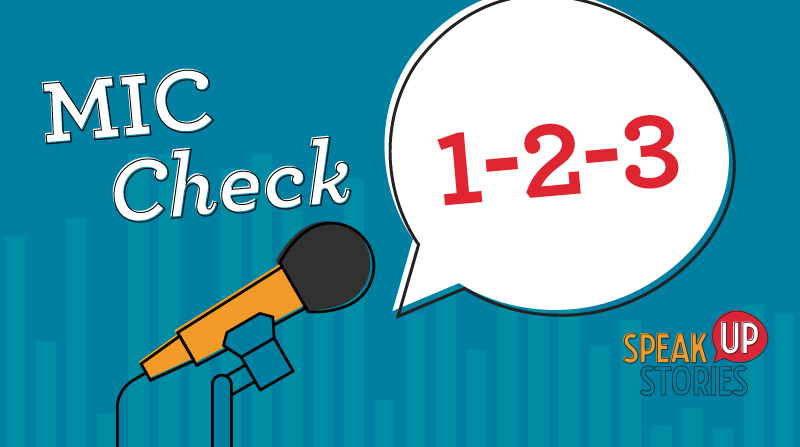
IMPOSTER SYNDROME DOESN’T OCCUR IN THE FAMILIAR.
Indeed, the only job I felt fully qualified for was the one I chose to leave. This tale is unique in itself. My decision to resign came from knowing my role too well. In other words, I wasn’t suffering from imposter syndrome, which made the job…well, boring.
Confronting the Imposter Syndrome
Understanding my job better than the leadership led to questions of arrogance. However, my credentials and experience justified my place at the decision table. Reflecting over the years, I recognize that the lack of challenge was the real reason for my resignation. That unsettling feeling, often labeled as imposter syndrome, was missing. This experience is not unusual, even for professional speakers and leaders.
Previously, I disliked that feeling of self-doubt.
Given the chance, I would advise my younger self to embrace the fear. Such anxiety is common among leaders when high stakes are involved. This slight stress and fear of failure drive top performers to excel. In every job, including my current role as a keynote speaker and coach, I have often felt underqualified.
Using Fear as a Catalyst
Now, I channel that feeling positively. When feeling like an imposter, I immerse myself deeper into my subject. Observing competition, I study their successful strategies.
Fears of being perceived as a fraud led me to reflect on my extensive experience and research. Embracing mistakes is key. Striving for the next level is my constant goal.
Comfort in a task is not a signal to relax but a prompt to venture further. When comfortable, it’s time to face new challenges.
So, I greet each challenge with a smile and tackle it head-on.
Also, remember that imposter syndrome itself might be a social construct!
Keep Speaking Up Your Story,
Keep speaking up your story,

ENCORE: MORE TO EXPLORE

IMPOSTER SYNDROME IS A MYTH
Whether you’re a professional speaker, a leader with big tasks, or someone aiming to move up in your career, it’s really important to push past imposter syndrome. Importantly, you need to understand that feeling this way is a normal part of becoming a leader.

BUT REALLY, IMPOSTER SYNDROME IS A MYTH.
Imposter syndrome shouldn’t be feared. Although it can make leaders feel uncomfortable, it actually indicates you’re leading purposefully and innovatively. Remember, imposter syndrome is just a mental construct and, in reality, it’s not true.


